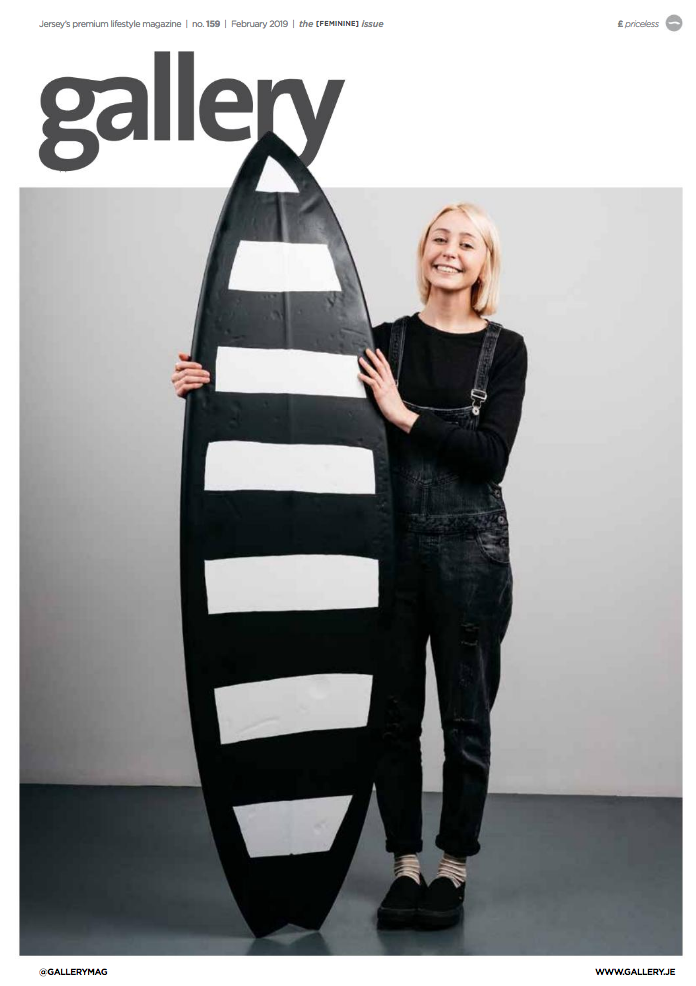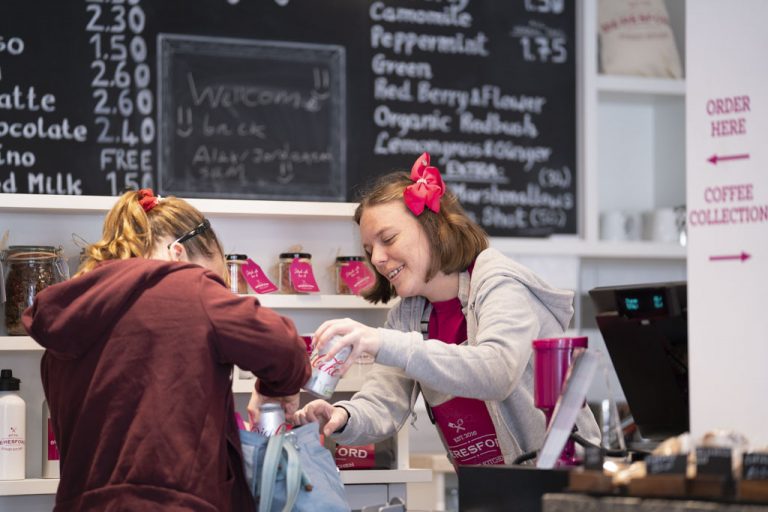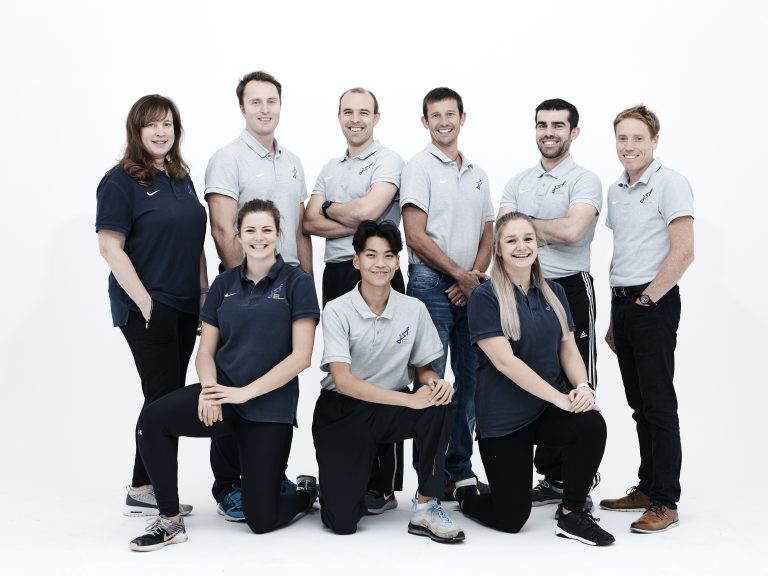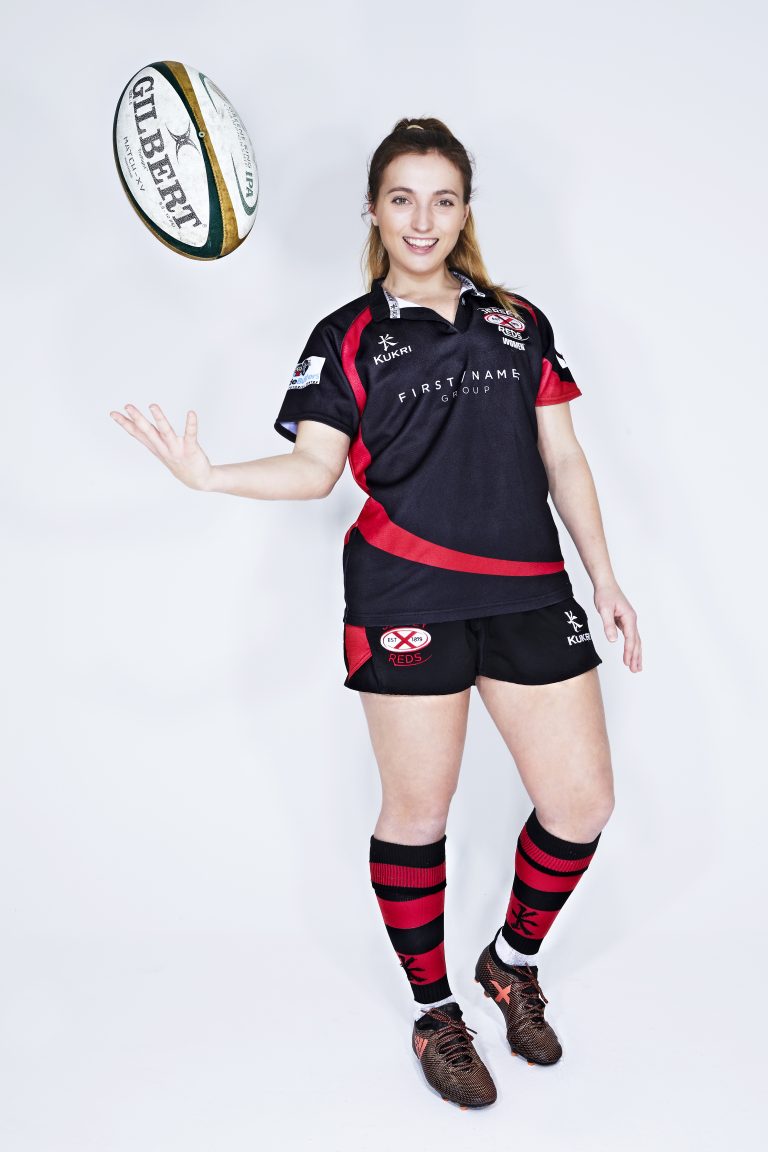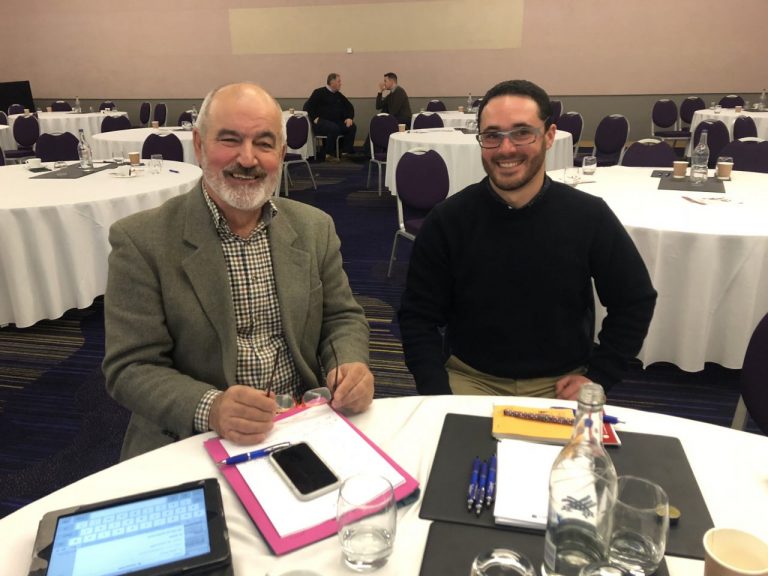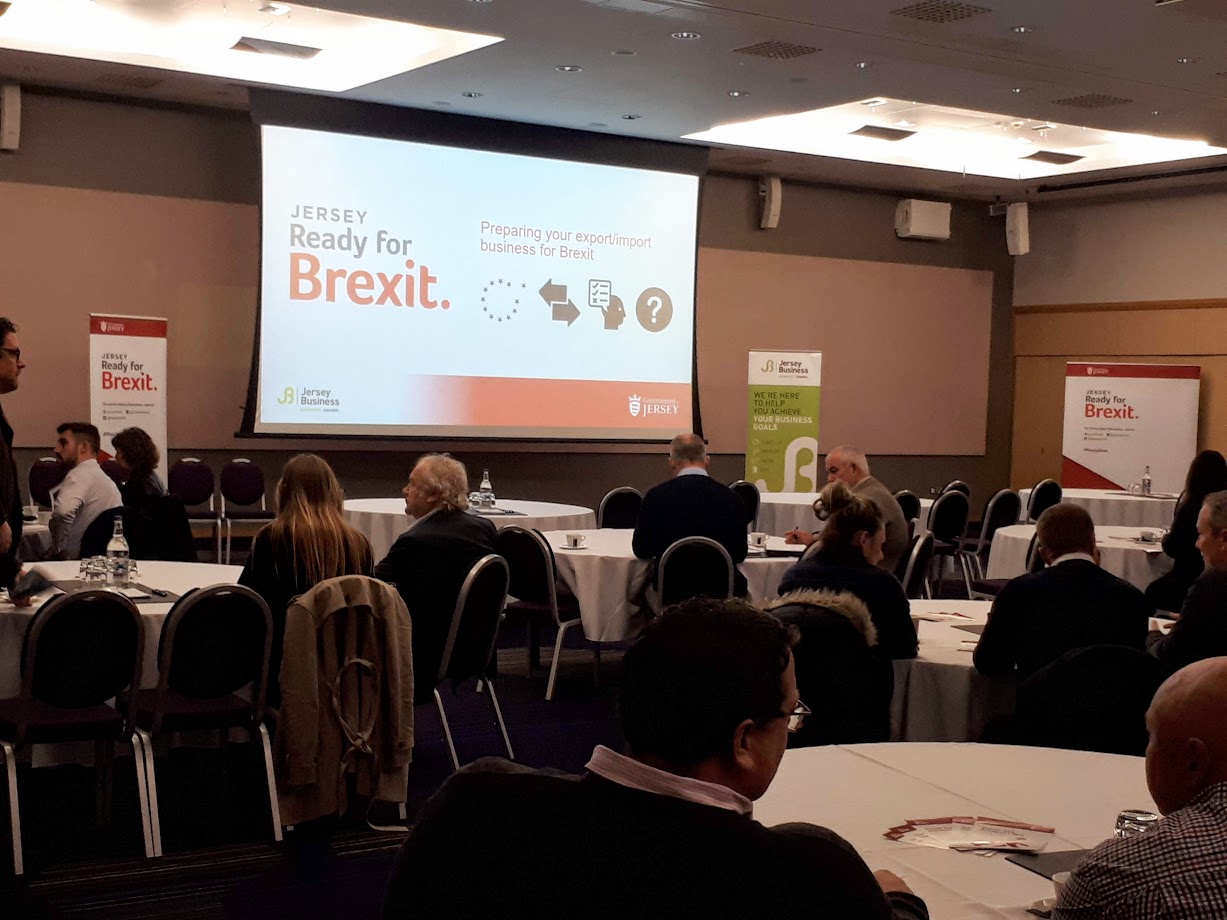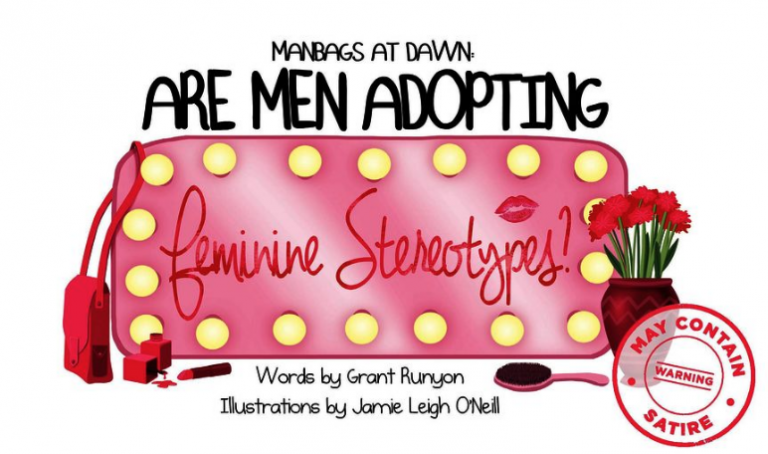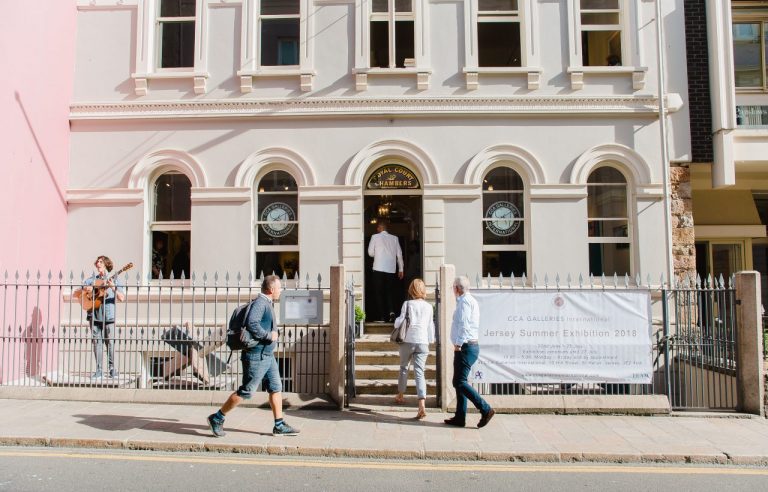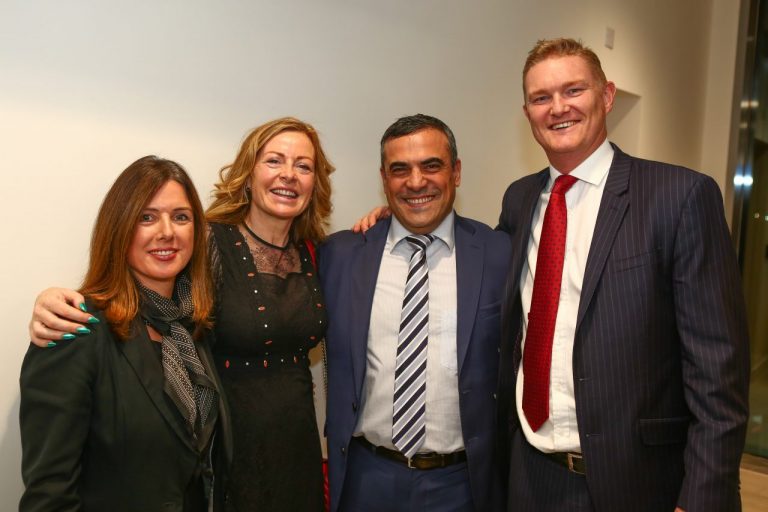Words: Imogen Pickering
Photography: Danny Evans
What does it mean to be feminine? In 1965, Teen magazine asked some of the world’s most popular actresses this question and Buzzfeed has recently reminded us of some of their answers. Now, this was over half a century ago, so don’t be too shocked when I tell you that multi-award winning actress, Jane Fonda, said that, “Femininity is knowing how to listen – men love it” or that Golden Globe award winner, Sandra See, said, “You must be meticulous in your clothing, make-up, skin — to be clean, fresh, and nice all the time.”
Thank goodness times have changed, right? But have they really? Academics argue that in this day in age, feminity by definition is not large, not imposing, not competitive. Feminine women are not ruthless, not aggressive, not victorious. It’s not feminine to have a killer instinct – to want to win with all of your heart and soul.
So what does that mean when it comes to the world of sport? For male athletes, it’s pretty simple. Icons such as David Beckham, Dwaine Chambers and Anthony Joshua, are praised not only for their athletic achievements, but also for their physical appearances and representations of hegemonic masculinity in their sports that require power, speed and strength.
Female athletes on the other hand, who do not necessarily represent the ‘feminine ideal’, such as Serena Williams, Mia Hamm and Denise Lewis, encounter more difficulties in their careers as they attempt to balance a stereotypical feminine image with the ‘masculine’ qualities associated with their sports.
Female participation in sports in often thought to be less appreciated in Western cultures, since the industry is primarily male dominated and characterised by masculine qualities, such as strength, aggression and competition. However, despite the rise of female participation in sports over recent years, women still face multiple challenges when it comes to balancing what it means to be feminine with their athletic desires, which are largely due to long-standing gender norms established long ago.
One particular sport often in the firing line, is women’s rugby. Traditionally a game of brute strength, aggression and power, it has long been associated with notions of traditional masculinity, making it difficult for female players to strike the balance between their sport and modern femininity.
However, as well-established female athletes such as English female rugby union player, Tamara Taylor, who has made more than one hundred appearances for her country, said recently, “You can tackle and still be a woman”, it seems that the well-established boundary dividing gender between masculinity and femininity may be beginning to fade.
So, what is it like to be a woman who exudes her strength and power in such a male-dominated sport? I met with Jersey Reds Women’s Rugby captain, Lauren Lowe, to find out.
What has been your experience when it comes to the participation of women in a sport as hostile as rugby?
“You don’t look like a rugby player” – is something I often hear when I tell people I play rugby. However, this is normally followed by a lot of respect and admiration that I’m a woman who is willing to play such a physical sport. I have played against so many women who show such strength and character when they play, that I find it a real shame that many women still wouldn’t consider a sport of this kind for fear of being seen as ‘masculine’.
It has been argued that competitive sports make women ‘less feminine’. Would you agree?
Competitive female athletes demonstrate favourable attributes such as strength, determination and passion. As a society, these are all qualities that we should admire and not attribute to being ‘less feminine’. Fortunately, I do think that we are now overcoming this stereotype, as female participation in sport has had a significant rise over the last decade.
How has playing rugby personally affected what you believe to be feminine?
I have been playing rugby since the age of 6, which I believe has hugely influenced me to become the self-assured and determined woman that I am. Maybe yes, I do feel more feminine when I’m dressed up rather than on a rugby pitch covered in mud, but I embrace my strength and power as a woman whilst I’m playing. Just because I have no trouble in completing the physical act of tackling someone to the ground, it doesn’t make me any less feminine.
Do you think we need to redefine what it means to be feminine?
I do believe that we have moved on from the traditional idea of ‘femininity’ being delicate and gentle. It is more acceptable now to see women participating in contact sports like rugby and wanting to gain an athletic physique, but as a society should we be questioning a woman’s femininity because they choose to do so?
How do you personally define what femininity means?
Femininity is something that I have never really thought too much about. It is a term that is very easy to stereotype. Personally, I define it more by attributes over appearance. Personality traits such as independence and courage are shown by many women, alongside emotional qualities such as thoughtfulness and empathy.


